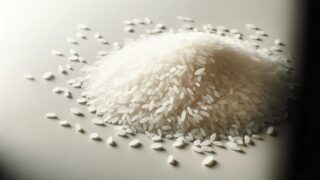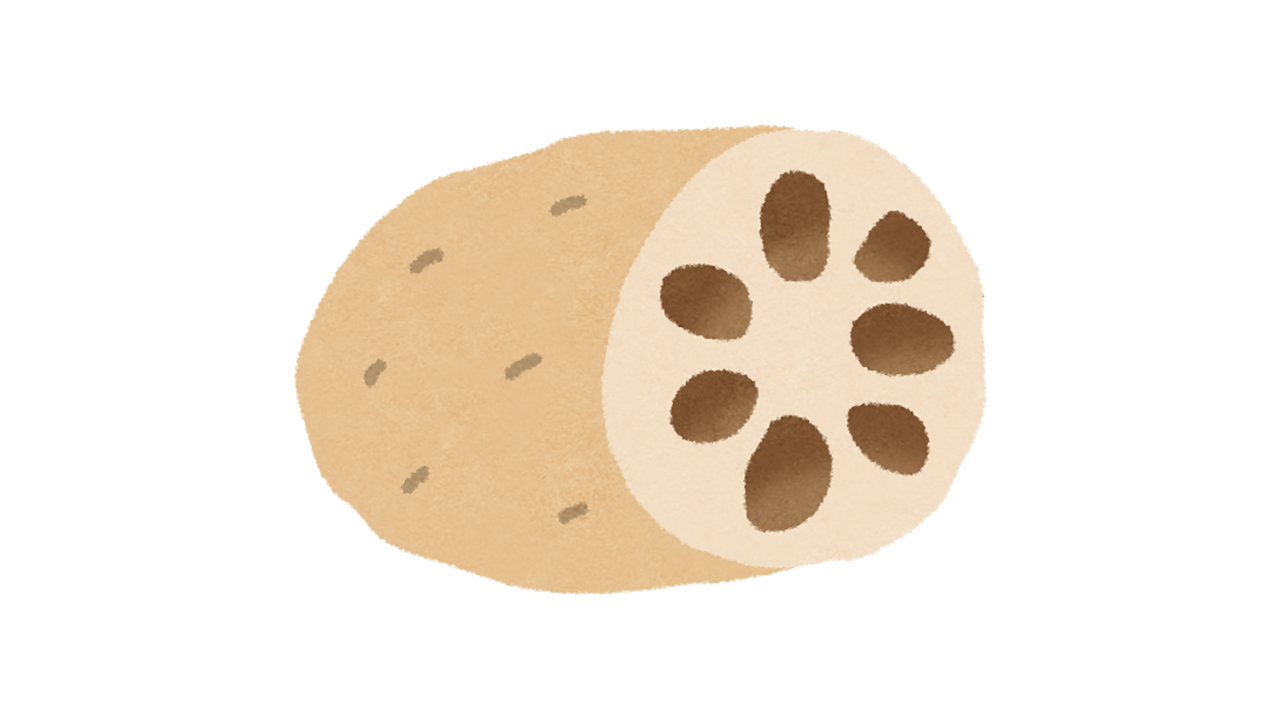Lotus root, a staple ingredient in Asian cuisine, is well-known for its unique appearance and crunchy texture. Often featured in stir-fries, soups, and salads, lotus root not only adds a delightful touch to dishes but also boasts an impressive nutritional profile. In this article, we will delve into the key nutrients found in lotus root, explore their potential health benefits, and discuss the precautions to keep in mind when consuming this versatile vegetable.
Essential Nutrients Found in Lotus Root
Lotus root is a nutrient-dense vegetable, packed with various essential nutrients, including:
- Dietary Fiber
- Lotus root is an excellent source of dietary fiber, containing about 4.9g per 100g.
- Dietary fiber promotes healthy digestion, prevents constipation, and supports the growth of beneficial gut bacteria.
- Vitamin C
- Lotus root is rich in vitamin C, a potent antioxidant that helps protect cells from oxidative damage.
- Vitamin C also plays a crucial role in maintaining a strong immune system and promoting collagen production for healthy skin.
- Potassium
- Lotus root contains a significant amount of potassium, an essential mineral for maintaining proper heart function and regulating blood pressure.
- Potassium also supports muscle and nerve function, making it an important nutrient for overall health.
- Iron
- Lotus root is a good source of iron, a mineral that is vital for the production of hemoglobin, which carries oxygen throughout the body.
- Adequate iron intake helps prevent anemia and supports energy production in cells.
Health Benefits of Consuming Lotus Root
The impressive nutritional profile of lotus root may offer several potential health benefits, such as:
- Improved Digestive Health
- The high dietary fiber content in lotus root promotes regular bowel movements and prevents constipation.
- Fiber also acts as a prebiotic, supporting the growth of beneficial gut bacteria, which is essential for maintaining a healthy digestive system.
- Enhanced Immune Function
- The vitamin C in lotus root acts as a powerful antioxidant, helping to protect the body from harmful free radicals and supporting the immune system.
- Consuming lotus root regularly may help reduce the risk of infections and illnesses.
- Heart Health Support
- The potassium content in lotus root helps regulate blood pressure and supports proper heart function.
- Maintaining a healthy balance of potassium in the body may lower the risk of heart disease and stroke.
- Increased Energy Levels
- Lotus root’s iron content contributes to the production of hemoglobin, which carries oxygen to the body’s cells.
- Adequate iron intake helps prevent anemia and supports energy production, reducing feelings of fatigue and weakness.
Precautions and Potential Risks
While lotus root is generally safe to consume, there are a few precautions to keep in mind:
- Allergic Reactions
- Some people may be allergic to lotus root. If you experience any allergic symptoms after consuming lotus root, such as itching, swelling, or difficulty breathing, seek medical attention immediately.
- Interaction with Medications
- Lotus root may interact with certain medications, particularly those used to treat diabetes or regulate blood sugar levels. If you are taking any medications, consult your healthcare provider before adding lotus root to your diet.
- Digestive Discomfort
- While the dietary fiber in lotus root is beneficial for digestive health, consuming large amounts of lotus root may cause digestive discomfort, such as bloating or gas, in some individuals. Introduce lotus root gradually into your diet and monitor your body’s response.
Recommended Intake
To enjoy the nutritional benefits of lotus root without overdoing it, consider the following recommended intake:
- For adults, a serving size of 100-150g of cooked lotus root per day is generally considered safe and beneficial.
- When consuming raw lotus root, such as in salads, a smaller portion of 50-100g is recommended.
- As with any food, it is essential to listen to your body and adjust the intake based on your individual needs and tolerances.
Conclusion
Lotus root is a nutritional powerhouse, offering an array of essential nutrients that can support digestive health, boost immune function, promote heart health, and increase energy levels. By incorporating lotus root into your diet, you can enjoy its unique texture and flavor while reaping its impressive health benefits. However, it is crucial to be mindful of potential allergies, medication interactions, and digestive discomfort. Stick to the recommended intake and listen to your body to make the most of this remarkable vegetable. With its versatility in cooking and outstanding nutritional profile, lotus root is a fantastic addition to any healthy and balanced diet.





















